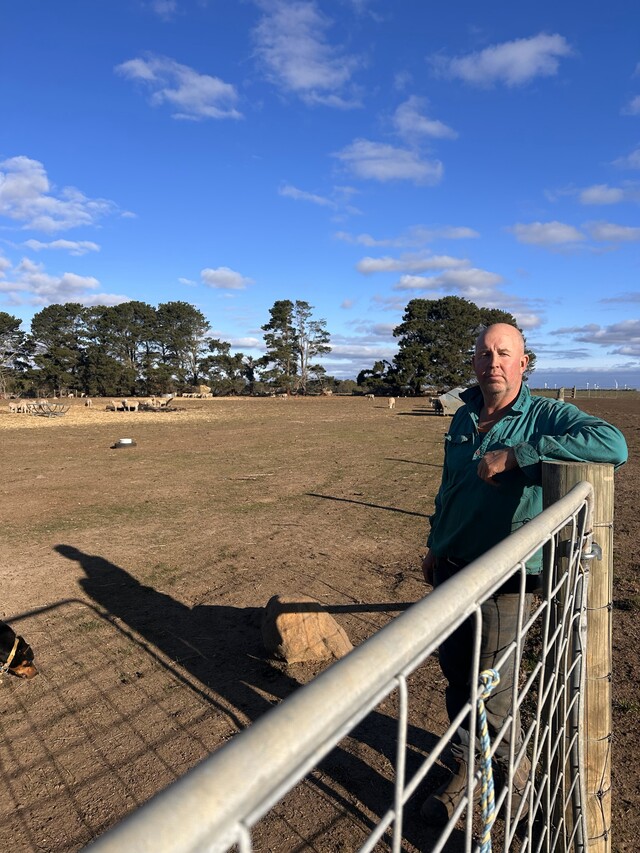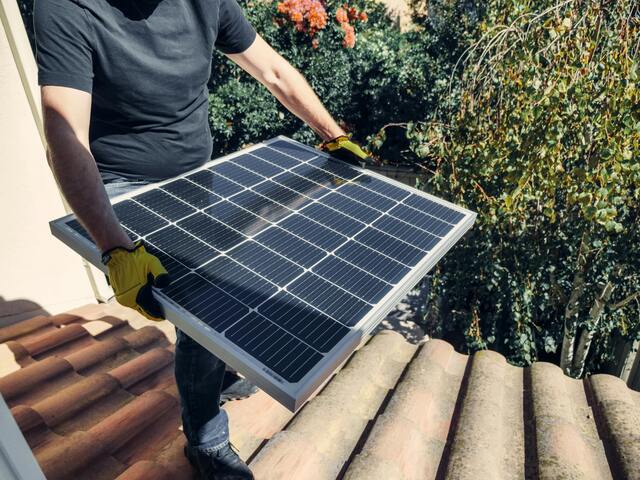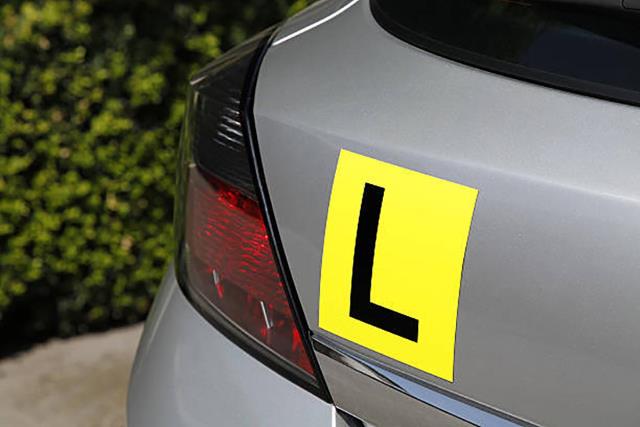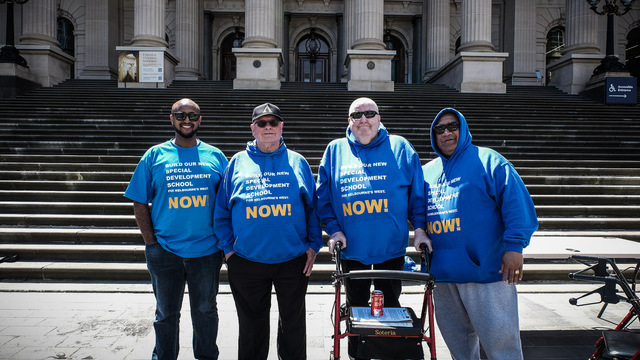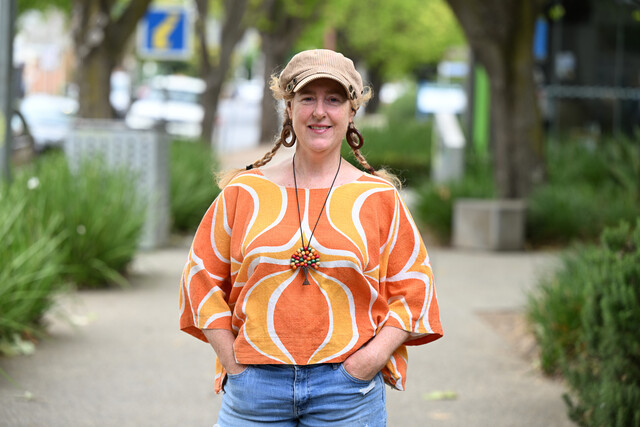Moorabool farmers are needing to make difficult decisions as they face drought challenges and increased rates under the new Emergency Services and Volunteers Fund (ESVF).
Passed in state parliament in the early hours of May 16, the ESVF will replace the former Fire Services Property Levy from July 1.
The ESVF will be calculated on a fixed charge that varies by property type, and a variable charge based on property value and will be charged alongside council rates.
The government agreed to amendments to the ESVF before it passed parliament, including reducing the planned levy increase for farmers from 189 per cent to 150 per cent.
It also included providing partial rebates for farmers eligible for the infrastructure grants program in the state’s drought support package.
The government also legislated that 95 per cent of VICSES and CFA funding will come from ESVF and 90 per cent of FRV’s annual funding will come from the levy.
Fiskville farmer and Victorian Farmers Federation (VFF) livestock council president Scott Young said the organisation “does not agree with the decision that’s been made” around the ESVF.
“It’s a huge increase and that’s why farmers are so concerned,” he said.
“Farmers are not in a position … to afford increases like this in our business.”
Mr Young said farmers were already struggling with the drought.
He said that with no rain on the horizon, he was deciding whether to de-stock livestock out of his farming operation.
“Because I’m going to run low on water and feed that’s very hard to purchase at the moment,” he said.
“Farmers are really struggling to source hay and grain to feed their livestock, and when they can source it, it’s up to six times dearer than what it normally would be.”
Moorabool mayor Paul Tatchell condemned the passing of the ESVF.
“This change will impact rural communities far more than urban ratepayers, which is incredibly unfair and cruel to farmers in particular, who are already facing many hardships,” Cr Tatchell said.
“There are fairer ways to do this and it’s a shame the Victorian Government is using our rural property owners to claw back some of their huge debt.
“It needs to be urgently reconsidered or the consequences could be severe for our primary producers, which in turn means severe for all Victorians who rely on food production.”
On Thursday, the government also announced $15.9 million towards expanding its on-farm drought infrastructure program and budget funding for an extended partnership with the National Centre for Farmer Health.

